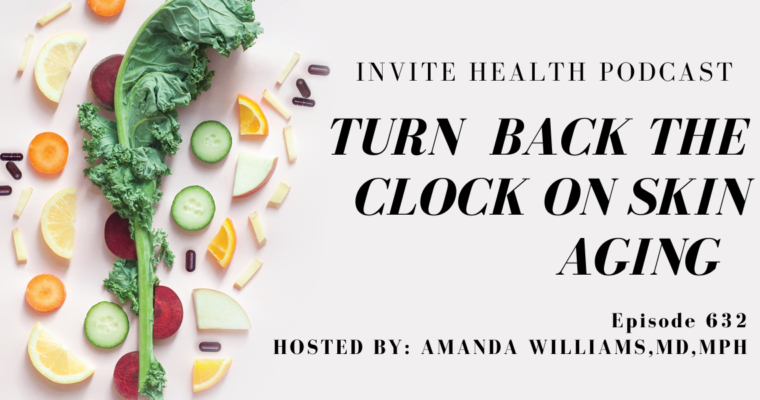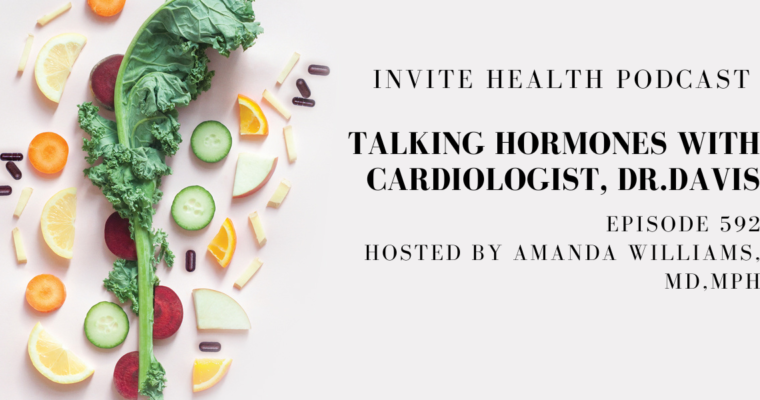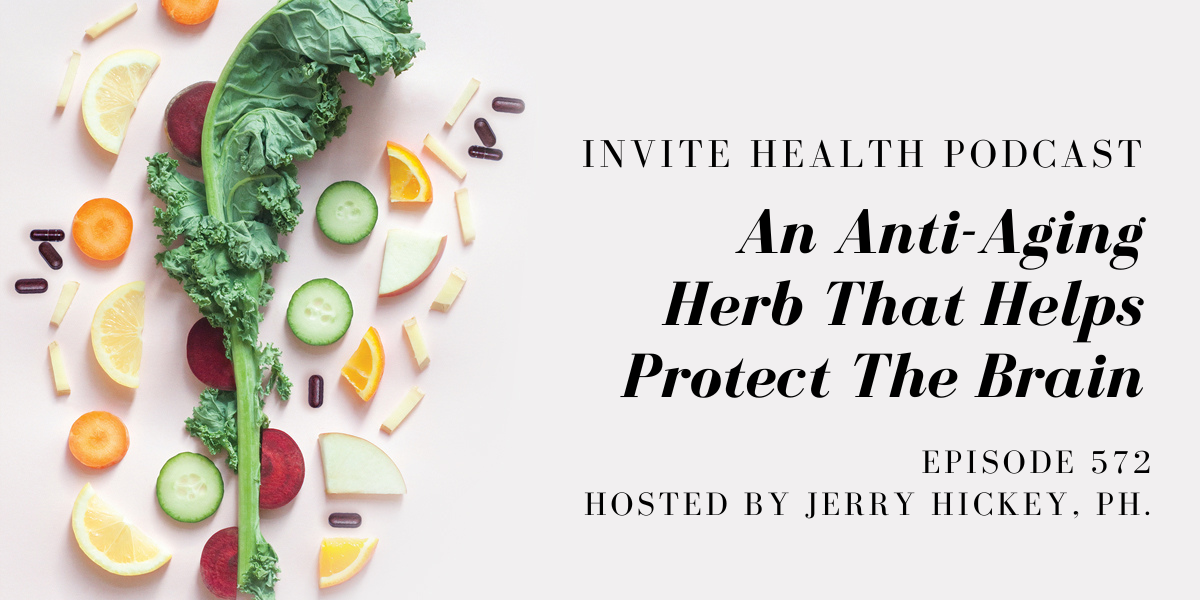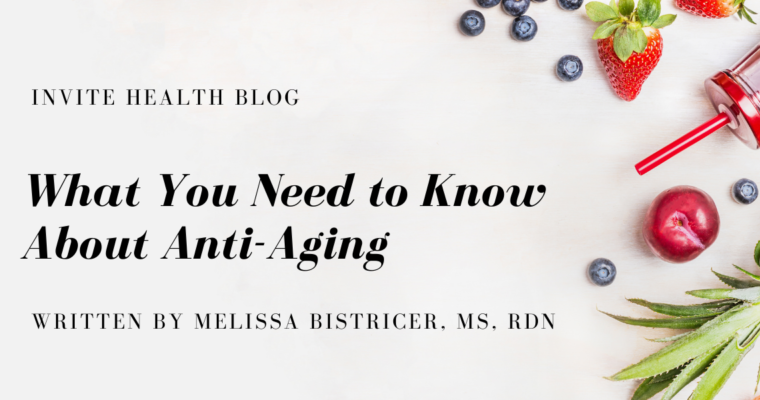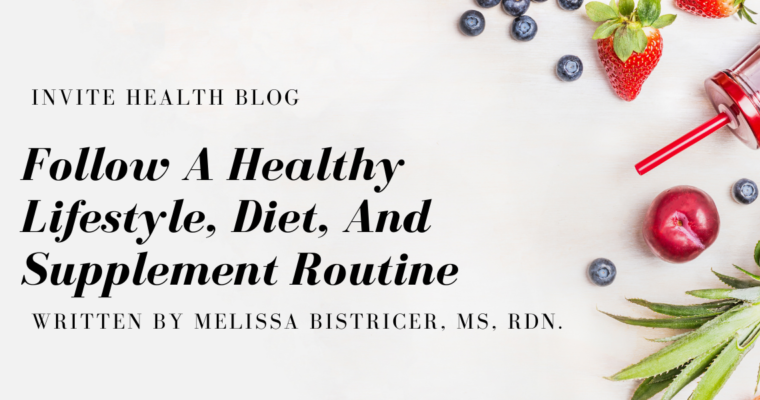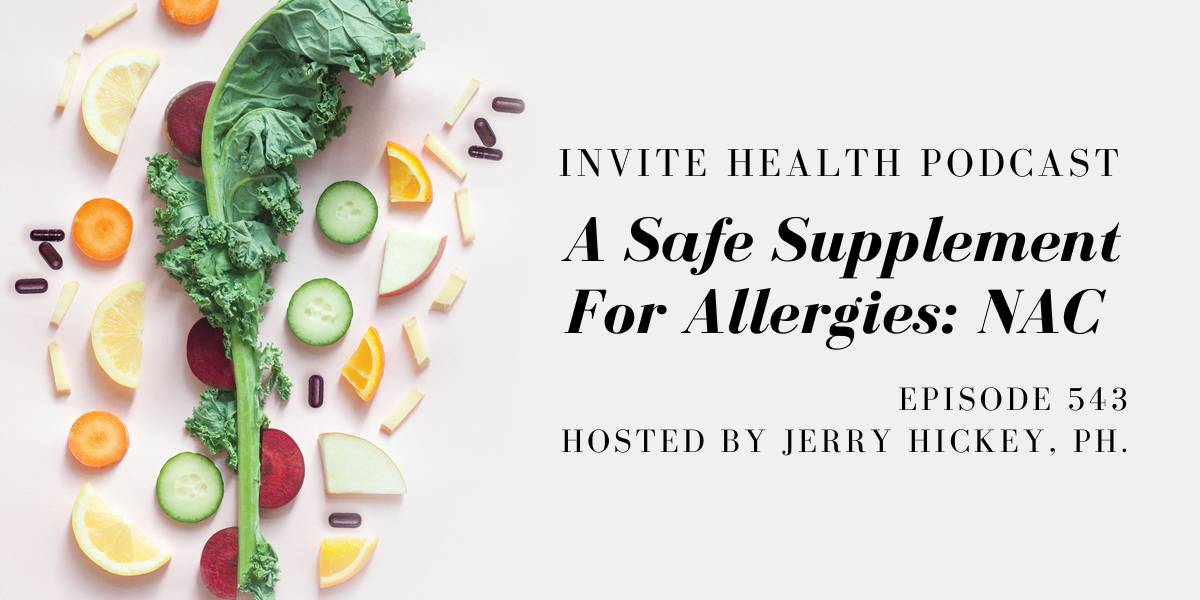Brain
Subscribe Today!
Please see below for a complete transcript of this episode.
An Anti-Aging Herb That Helps Protect The Brain – InViteⓇ Health Podcast, Episode 572
Hosted by Jerry Hickey, Ph.
*Intro music*
InViteⓇ Health Podcast Intro: Welcome to the InViteⓇ Health Podcast, where our degreed healthcare professionals are excited to offer you the most important health and wellness information you need to make informed choices about your health. You can learn more about the products discussed in each of these episodes and all that InViteⓇ Health has to offer at www.invitehealth.com/podcast. First time customers can use promo code PODCAST at checkout for an additional 15% off your first purchase. Let’s get started!†
*Intro music*
Jerry Hickey, Ph.: [00:00:41] We’re learning that you can protect your brain. You can foster a healthier brain. You can retain your memory. There are things you can do. And we’ll go over many of the day to day things you should do. Things that need to become a habit at the end of this podcast. But for now, I want to discuss how important it is to protect your brain. As you age, it becomes increasingly more difficult to protect your brain and protect your memory. It’s not something that’s written in stone that you’re going to lose your memory or develop Alzheimer’s. You can help prevent it, and you can strongly help prevent that for most people. So there are things you could do. So I want to talk about an herb today that’s native to Asia. It grows in countries like Tibet and Japan and Korea. It’s called Huperzia Serrata. It’s also called Club Moss, and it contains a substance and ingredient and alkaloid, if you want to place it on the correct chemical family, that helps protect and rejuvenate our memory cells, our neurons and our brain. So we’re going to get into that over this podcast.† [00:01:58]
[00:02:00] Hi, my name is Jerry Hickey, I’m a nutritional pharmacist. Welcome to my episode: protect Your Brain with this Herb. You can find all of our episodes for free wherever you listen to podcasts or go to invitehealth.com/podcast, please subscribe and leave us a review. You can also follow us on Twitter, Instagram and Facebook at InViteⓇ Health. So let’s get going.† [00:02:24]
[00:02:25] Let’s first describe our nerve cells in our brain as different kinds of nerve cells throughout the body. There’s nerve cells that detect heat and cold and pain, etc. with we’re talking now about our memory cells in our brain. They’re called neurons and it’s estimated we have almost 90 billion neurons. And they’re the building blocks of our nervous system and our brain. And they have two ends on one end, there’s the axon and you only have one of those and the axon transmits information to the next brain cell. Because, you know, information has to travel around the brain for you to use it. So there’s one axon per cell, but on the other end of the nerve cell, there’s the dendrite. There are many of these dendrite, they’re collecting the information. So from the previous nerve cells they’re collecting all those neurochemicals, we call them neurotransmitters. Information on the brain works through chemicals and electricity electrons. † [00:03:32]
[00:03:34] So the dendrites, a bunch of them are coming off the nerve cell. They’re collecting the info, they’re fishing for the info. Now the dendrite has something called dendritic spines that come off of it, these hairy projections. And these are incredibly important for learning and memory. When you learn something in the daytime, you haven’t really stored it yet. This really happens at night during a part of sleep called REM sleep, and we’ll get into that, we’ll get into the sleep cycle in a minute.† [00:04:06]
[00:04:08] So in the daytime, when you learn something, it’s placed in your hippocampus, the small little organ in the middle of your brain, somewhere near the middle of your brain. But that is vulnerable to memory loss and it can actually get overloaded. So at night, you take these memories that you learn today and you move it into long term storage sites. And this happens with the dendritic spines, they have flares, they get this increase in energy and they’re moving the information around. So if you don’t move this information around to the long term storage sites, it’s hard to learn the next day because your hippocampus can get overloaded. Apparently, according to the newest research. † [00:04:58]
[00:05:00] So at night, you go through a sleep cycle, which is about 90 to 120 minutes, depending on who you talk to and what study you read and there’s four parts, four segments to this sleep cycle, there’s four stages. There’s three non-REM sleep stages and one REM sleep stage. REM stands for Rapid Eye Movement. When you go into REM sleep. Your brain becomes very active and the other parts of the sleep cycle, your brain is really like slow. It’s slowed down a great deal, but during REM sleep, your eyes are moving rapidly. You’re dreaming. You might even have lucid dreams where you know you’re actually dreaming, that happens to me from time to time. You know you’re dreaming and you can manipulate the dream, which is amazing. But the REM sleep is really important. Your brain is very active, your muscles lose their tones, so you’re not moving around. And you’re moving the memories along. You’re storing them. So REM sleep is very important to your memory. And a substance called acetylcholine helps manage REM sleep. And that’s where the herb comes into play, because the herb helps restore the release of acetylcholine. Acetylcholine release declines with age in your brain, this affects your memory. We’ll get into that in a second.† [00:06:32]
[00:06:33] So REM sleep in children, babies go mostly through REM sleep. It’s very important for the development, the creation of the brain and the neurons and these dendritic spines, etc., any axons. But for us adults, we need it for memory and memory consolidation, you know, storing the memory, but healing these dendritic spines. So at night, when you go into REM sleep, you’re cutting away some of the spines, getting rid of some of the memories, and you’re protecting other parts. You need the acetylcholine to do that. And that’s your long term memory. By the way, we go REM sleep. The period for REM sleep increases as the night progresses, so in the second half of your night sleep, that’s when you do the lion’s share, your REM sleep. And it’s about 2 hours per night, that’s the estimate. So in REM sleep, we’re removing the memories we don’t need and we’re storing the memories that we do need that we feel are important. And once again, this is dependent on a brain chemical called acetylcholine. So what’s the problem with that? Well, acetylcholine levels drop with age. You need acetylcholine like there was this article in Nature Communications September 2020 that you need acetylcholine to learn, to remember, to store your memories, to heal your nerve cells in your brain, your thinking cells, but also for synaptic plasticity. Like when you’re learning something new, like even if you walk to the grocery store every day, in one way you have one route to the grocery store. But all of a sudden, you take a different route. You create a new pathway in the brain for learning that that synaptic plasticity is very important for the brain. That’s why I always tell older people like myself do puzzles, play chess, read good books, learn a musical instrument, paint, you know, I’m into acrylic painting, button up a brush up on some language you learn in high school. It’s all great for the brain. Talk to people, be social, very important for the brain! † [00:08:39]
SPECIFIC FOODS AND NUTRIENTS THAT PROMOTE HEALTHY SLEEP – INVITE HEALTH PODCAST, EPISODE 265 >> Listen Now!
[00:08:41] So you need the release of acetylcholine to maintain these newly formed dendritic spines for your memory, You need REM sleep for that, Acetylcholine is involved with both. But acetylcholine levels decline with age. It’s one reason why we become a little forgetful, a little absentminded. That’s a natural thing. It’s not natural to develop Alzheimer’s, but it is natural to develop a little bit of forgetfulness and absentmindedness. So once again, this is where the herb comes in. Who? Huperzia Serrata. First of all, importantly, Huperzia Serrata gets into the brain. It passes through a barrier called a blood brain barrier, a lot of things can get into the brain, even though they might be potentially good for your memory they don’t get into the brain adequately, this herb gets into your brain. And it slows down the breakdown of acetylcholine. Acetylcholine, once again really the most important neurotransmitter or brain chemical that’s naturally released for your memory and learning.† [00:09:43]
[00:09:45] So there is an enzyme that breaks down acetylcholine that’s called acetylcholinesterase. The Huperzia Serrata herb has an ingredient called Huperzine A that slows down this enzyme called acetylcholinesterase, and your acetylcholine starts to build up. It’s like a dam, you know, water builds up behind a dam. So the acetylcholine starts to go back to a younger concentration, your brain is becoming somewhat younger. Now, in a day, daytime acetylcholine interacts with GABA and glutamate to other neurotransmitters. To learn, the GABA opens up the neuron, the glutamate gives it the energy and the acetylcholine stores the memory, basically. And at night, oh, oh, for solving problems, let’s say you get off the highway in the wrong direction, you want to figure out how to get back on the highway. Once again, you release GABA, the same neurotransmitter involved with learning that opens up the brain cell, dopamine to help you solve and acetylcholine to help you solve the problem, and dopamine for you to act on your solution. So these neurotransmitters are very important for day to day function. † [00:11:01]
[00:11:03] So Huperzia Serrata helps keep more of your acetylcholine around, which helps with learning, remembering, healing your brain cells, it’s data for REM sleep, it’s data for arousal, getting aroused about something, it’s data for plasticity for your brain to adapt and learn, etc., it’s needed for motivation for you to feel motivated about something, it’s needed for you to be alert. So while the acetylcholine is dropping with age, when you take the Huperzia Serrata, don’t take too much, just a small amount and helps keep that acetylcholine around; now and Alzheimer’s I mentioned before there’s a severe drop in acetylcholine. † [00:11:41]

[00:11:42] In fact, a lot of drugs they give people with Alzheimer’s is to help restore some acetylcholine levels. So previously and PLOS One, PLOS One is this great journal that our tax dollars pay for and it’s meant to spread information throughout the world, useful scientific information, medical information around the world for free. For instance, a medical doctor and some tiny town in Ohio or Utah or upstate New York, they might not have access to all these great libraries of information like someone living near Duke University or Johns Hopkins, etc. would have. So they can look online at all these PLOS One journals for free and get great information. So previously in PLOS One journal, they spoke about Huperzine A and it has a beneficial effect on brain function in people with Alzheimer’s. So it really does mean something. Now, I don’t use it for Alzheimer’s. That’s really a neurologist who’s supposed to take care of someone with Alzheimer’s and or a neurological doctor or brain doctor. I just recommend it for keeping our brains younger and healthier, repairing our brains, maintaining our brains, maintaining our memory. So it really does, Huperzia Serrata really contributes to learning and memory and all different brain functions. There are other things which you could do for your brain and these are really important. Look at the Mind Diet, at the Rusk Institute over in Chicago. They’ve done a number of studies, it cuts your risk of Alzheimer’s by about 50%, which I’d say is pretty darn good. † [00:13:19]
[00:13:20] They took the Dash Diet, which is meant to help control your blood pressure and the Mediterranean Diet, which is a pattern of eating. These are not calorie counting diets, although when you, a calorie counting diets are meant for you to lose fat, although when you eat properly, you do tend to lose fat. So these are healthier diet and the MIND Diet tells you, hey, you’re better off eating this and avoiding that. A couple of things you should add to the MIND Diet mushrooms, green tea and cocoa because they’re really good for your brain. So the MIND Diet, which has a lot of vegetables in it and green leafy vegetables are very important for the brain, like spinach and broccoli and bok choy and broccoli rabe, etc., fruits, especially berries like blackberries and blueberries and raspberries and strawberries, green tea, beans, mushrooms. They’re all really good for your brain, exercise, excellent for the brain. † [00:14:19]
[00:14:20] I love exercise, I like to be active, my body needs it. I just love it, my activities, of course, I can’t do every one every day but Pickelball, I recently started Pickleball, which is a lot of fun. It’s kind of like 80% tennis and 20% ping pong. It’s a smaller court, you know. I’m 68, so I don’t want to run around that huge court anymore for tennis, it’s just it’s easier on your knees. You don’t have these aggressive serves because of the way you have to serve, you have to serve underhand. The ball is safer, I mean, it’s just a better game for people my age. So pickleball, I like to swim, I like to hike and walk, I like to kayak, ride my bike or lift weights, love to lift weights. All these things are good forms of exercise, I intend on learning tai chi in fact I’m probably gonna take yoga classes. So I do a lot of different physical activities everyday, gardening, believe me, the way you garden, that’s a physical activity. † [00:15:17]
[00:15:18] So exercise, really important. Vegetables and fruit, green tea, mushrooms, make sure your legumes are indeed like your beans. So the MIND diet. Challenge your brain, chess, reading good books, learning something new, going and reviewing a language you learned in high school, learning a musical instrument. All these things are great for your brain. Culinary spices are great for the brain, like oregano and turmeric. Avoid the soda, avoid the sugar, avoid the saturated fat, like in butter, have some fish. Nutritional brain helpers, fish oils, especially the DHEA component. † [00:16:03]
[00:16:05] A well absorbed turmeric, because turmeric itself, the curry herb is very poorly absorbed, so a well absorbed turmeric to several of them out there. B vitamins. And I always tell people, make sure you get the activated form of folic acid. Folic acid, a synthetic, that’s what’s in most B complexes, that’s what’s in most multivitamins. A lot of people don’t adequately convert that into the active form. Methyltetrahydrafolate, so I always tell people, get the methyltetrahydrafolate form. It’s really important for the brain that lowers a substance in a brain called homocysteine, which is kind of like a solvent, a destructive chemical that you can make in your brain. If homocysteine levels get too elevated, it’s damaging to the back of the eye. It’s it’s involved with depression, and it’s involved with Alzheimer’s disease. So you want the active methyltetrahydrafolate form of folic acid. So B-vitamins important, fish oils, especially the DHA is important. There are other nutrients that are helpful and like I said, a well absorbed turmeric. † [00:17:03]
DID YOU KNOW HOW IMPORTANT DHA IS TO AN AGING BRAIN? – INVITE HEALTH PODCAST, EPISODE 484 >> Listen Now!
[00:17:03] So thanks for listening to this episode. You can find all of our episodes for free wherever you listen to podcasts. Or go to invitehealth.com/podcast and please subscribe and leave a review. You can also find us on Facebook, Twitter and Instagram at InViteⓇ Health. I want to thank you for listening to today’s podcast episode and this is and I hope to see you next time on a future episode. This is Jerry Hickey signing off. † [00:17:03]
*Exit Music*


